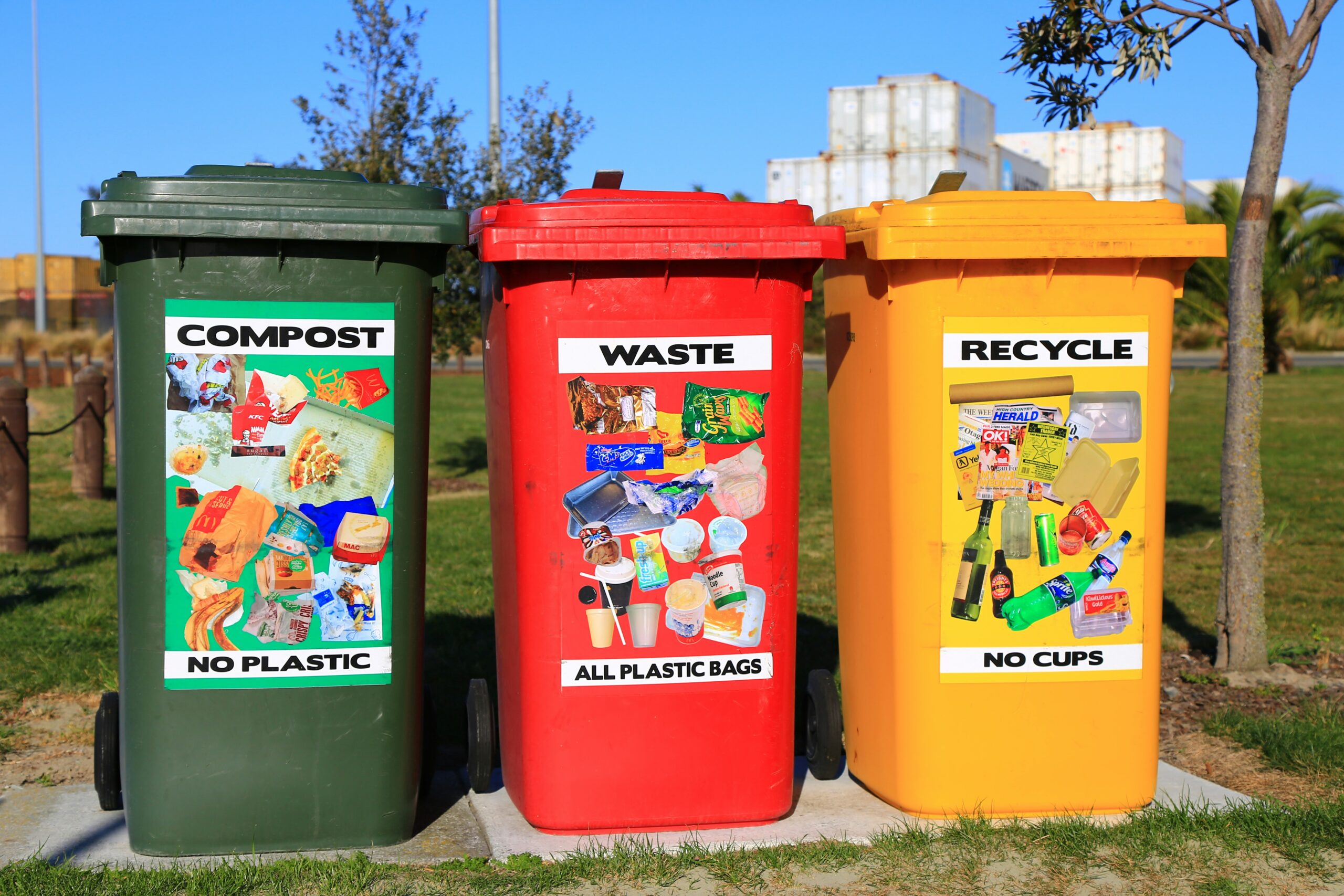
The digital economy is rapidly transforming global markets, reshaping industries, and offering new tools for tackling environmental issues and sustainable development. This shift, as detailed in Asif Raihan’s recent review in Innovation and Green Development, is driven by the growth of information and communication technology (ICT), big data, and digital platforms. Raihan’s study highlights that the digital economy holds significant potential for promoting sustainable practices in production, consumption, and environmental management, while also posing unique challenges.
Opportunities for Sustainability
Digital technologies present numerous opportunities for advancing sustainability. For instance, data analytics and Internet of Things (IoT) applications provide real-time monitoring of resources, enabling companies to reduce waste, optimize production, and improve energy efficiency. The study also highlights that smart city technologies can support sustainable urbanization through intelligent energy management and pollution reduction.
Moreover, Raihan emphasizes the role of digital platforms in fostering a circular economy. Companies can implement strategies for recycling, repurposing, and reducing waste, aided by technologies that extend product life cycles and minimize environmental impacts. Consumer empowerment is another crucial factor; digital tools provide consumers with transparent information, allowing them to make environmentally responsible choices.
Challenges in the Digital Economy
However, as the digital economy expands, it faces several challenges in aligning with sustainability goals. One prominent issue is electronic waste, stemming from rapid technological advancements and short product lifespans. This problem is compounded by inadequate recycling infrastructure in many regions. Another major concern is the high energy consumption of data centers and digital platforms, which increases carbon emissions if not managed with renewable energy sources.
The digital divide also persists, limiting the reach of digital technologies in low-income regions and exacerbating socioeconomic inequalities. Raihan’s study calls for policies to bridge this gap, suggesting that inclusive access to digital tools is essential for equitable and sustainable development.
Policy and Regulatory Recommendations
To support the sustainable growth of the digital economy, Raihan advocates for strong regulatory frameworks. Policies that promote digital inclusion, responsible e-waste management, and carbon-neutral digital infrastructure are crucial. Furthermore, Raihan underscores the need for companies to adopt socially responsible business models that incorporate both environmental and social dimensions into their practices.
Conclusion
The digital economy, if harnessed effectively, offers a powerful vehicle for achieving sustainability objectives. Raihan’s study is a valuable resource for understanding the potential pathways and barriers within this space. By addressing challenges like energy consumption, electronic waste, and digital inequality, policymakers and companies can help drive a future where digital innovation and environmental stewardship go hand in hand.
Resource: Raihan, A. (2024). A review of the potential opportunities and challenges of the digital economy for sustainability. Innovation and Green Development, 3, Article 100174. https://doi.org/10.1016/j.igd.2024.100174
